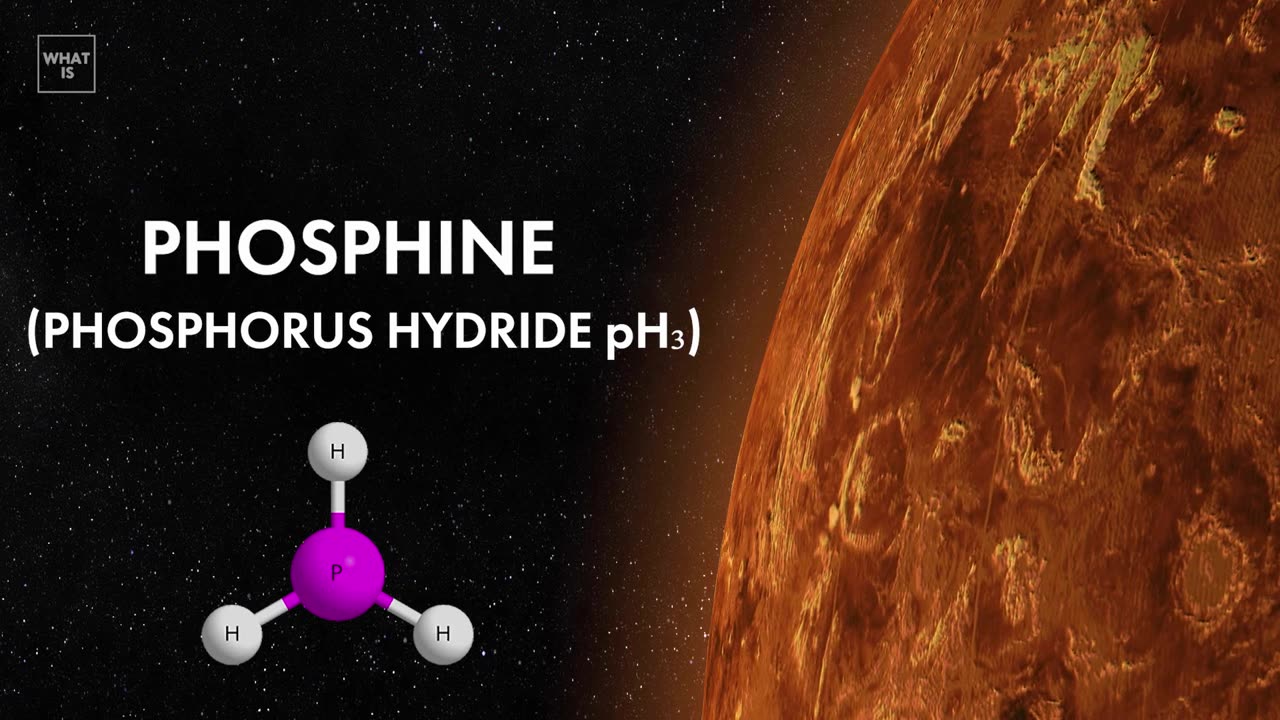Premium Only Content

The Secret Life of Venus
Venus is our closest planetary neighbor, but it's also one of the most inhospitable places in the solar system. The surface is hot enough to melt lead, and the atmosphere is so dense that it would crush you like a bug. But despite these harsh conditions, there is growing evidence that Venus may once have been habitable, and that life may still exist there today.
In this video, we explore the latest evidence for life on Venus. We'll look at the signs that have scientists excited, such as the presence of phosphine gas, which is a potential biomarker. We'll also discuss the challenges that still need to be overcome before we can definitively say whether or not there is life on Venus.
* **Early observations:** In the early days of the Space Age, Venus was seen as a promising candidate for life. It is the Earth's closest planetary neighbor, and it has a thick atmosphere that could potentially support life.
* **The Venera missions:** In the 1960s and 1970s, the Soviet Union launched a series of spacecraft called Venera to Venus. These missions were able to land on the surface of Venus and send back data about the planet's atmosphere and surface conditions. The data showed that Venus is a very hot and inhospitable place, with surface temperatures reaching up to 867 degrees Fahrenheit (463 degrees Celsius).
* **The Magellan mission:** In the 1990s, NASA launched the Magellan spacecraft to Venus. This spacecraft used radar to map the surface of Venus in great detail. The maps showed that Venus has a very young surface, which suggests that the planet may have been much more habitable in the past.
* **The phosphine mystery:** In 2020, a team of astronomers reported the detection of phosphine gas in the atmosphere of Venus. Phosphine is a gas that is produced by some living organisms on Earth, but it is also produced by non-biological processes. The discovery of phosphine on Venus has renewed interest in the search for life on the planet.
The search for life on Venus is ongoing, and scientists are using a variety of methods to try to find evidence of life. These methods include:
* **Analyzing the atmosphere of Venus for signs of biosignatures, such as phosphine.**
* **Looking for signs of liquid water on Venus, which is essential for life as we know it.**
* **Sending probes to the surface of Venus to search for direct evidence of life.**
The search for life on Venus is a challenging but exciting endeavor. If we are successful, it would be a major discovery that would change our understanding of the universe.
Could Venus really be home to another form of life? Let's find out!
-
 41:12
41:12
The White House
2 hours agoPress Secretary Karoline Leavitt and Stephen Miller Brief Members of the Media, May 01, 2025
2.59K30 -
![🔴[LIVE] Breaking Market News, Stocks Pump & Live Trading $1M || The MK Show](https://1a-1791.com/video/fww1/a7/s8/1/D/2/H/G/D2HGy.0kob-small-The-MK-Show-May.-1st.jpg) LIVE
LIVE
Matt Kohrs
9 hours ago🔴[LIVE] Breaking Market News, Stocks Pump & Live Trading $1M || The MK Show
2,553 watching -
 LIVE
LIVE
Major League Fishing
2 days agoLIVE! - Bass Pro Tour: Stage 4 - Day 1
806 watching -
 LIVE
LIVE
2 MIKES LIVE
1 hour agoTHE MIKE SCHWARTZ SHOW with DR. MICHAEL J SCHWARTZ 05-01-2025
121 watching -
 59:38
59:38
BEK TV
8 hours agoMedical Mysteries Revealed. What Mel Gibson and Joe Rogan were Afraid to Say Out Loud
1.32K -
 LIVE
LIVE
Wendy Bell Radio
5 hours agoTaking Care Of Business
8,995 watching -
 1:18:07
1:18:07
JULIE GREEN MINISTRIES
3 hours agoLIVE WITH JULIE
106K162 -
 1:59:13
1:59:13
BEK TV
16 hours agoTrent Loos in the Morning 5/1/2025
45.5K -
 24:00
24:00
JasminLaine
17 hours agoRoom Goes DEAD SILENT After Trump’s Message to Canada—Liberal Voters STUNNED
29.4K58 -
 19:45
19:45
Neil McCoy-Ward
21 hours ago⚠️ “Massive Cyber Attack Hits Supermarkets” - Food Shortages In Stores Already
32.5K14